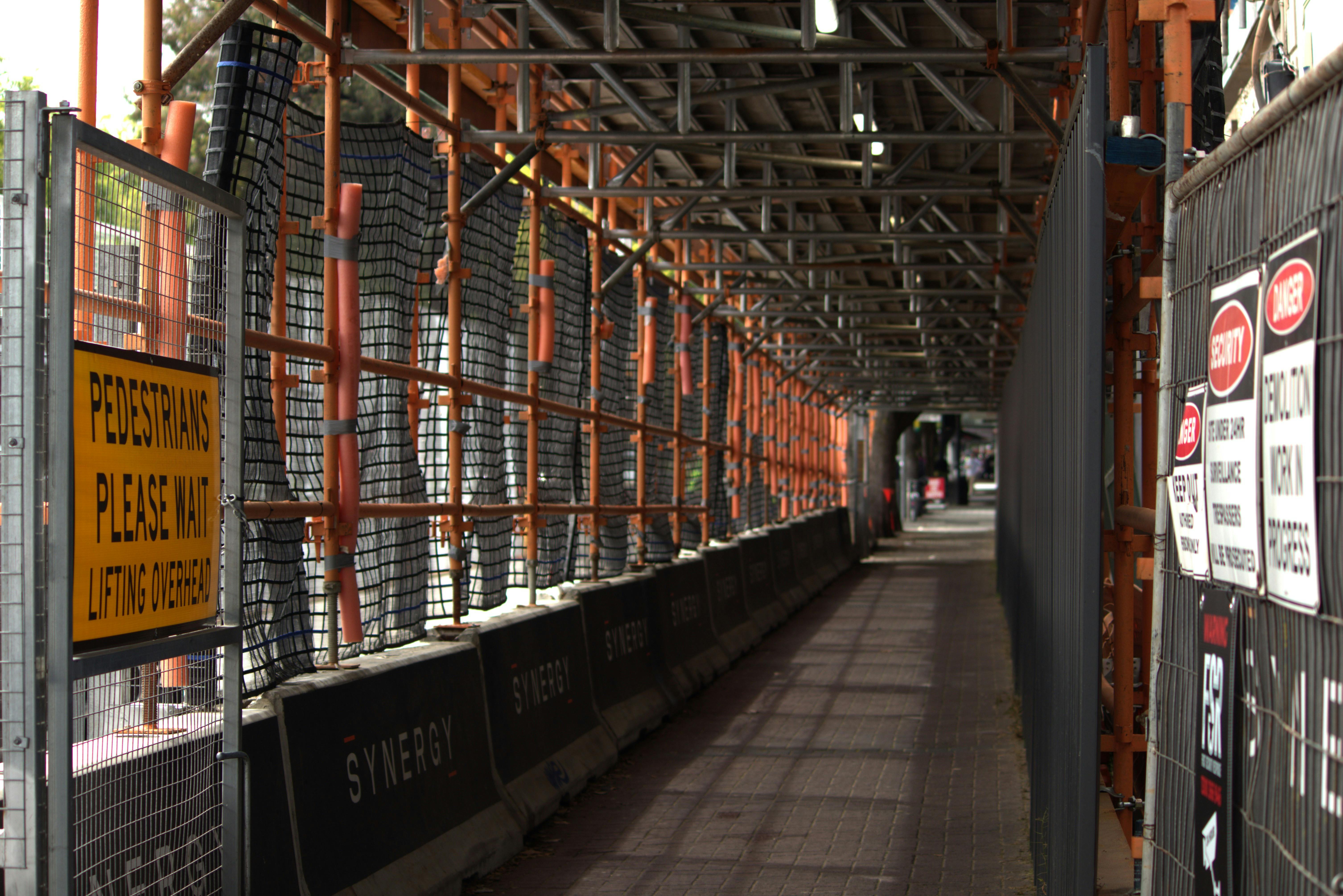Have you ever wondered about the importance of proper electrical wiring in gun safes? In this article, we will explore the crucial role that electrical wiring plays in the functionality and safety of gun safes.

This image is property of images.pexels.com.
Understanding Electrical Wiring in Gun Safes
When it comes to storing firearms safely, many gun owners turn to gun safes as a secure solution. However, the electrical wiring within these safes is often overlooked. Proper electrical wiring is essential for maintaining the security features of gun safes, such as electronic locks and interior lighting.
Why is Proper Electrical Wiring Important?
Having proper electrical wiring in your gun safe ensures that the electronic components, such as the locking mechanism and keypad, function correctly. If the wiring is faulty or subpar, it can lead to malfunctions in these critical components, compromising the security of your firearms.
Risks of Poor Electrical Wiring
Poor electrical wiring in gun safes can pose several risks, such as:
-
Malfunctioning Locks: Faulty wiring can cause the electronic lock to fail, preventing you from accessing your firearms when needed.
-
Fire Hazard: Improper wiring can lead to overheating, which increases the risk of a fire breaking out inside the gun safe.
-
Corrosion: Low-quality wiring materials can corrode over time, affecting the overall performance of the electrical components in the safe.
Ensuring that your gun safe has proper electrical wiring is crucial for maintaining its functionality and keeping your firearms secure.
Battery Operation in Gun Safes
Many modern gun safes rely on batteries to power their electronic components. Understanding how to properly manage and maintain the batteries in your gun safe is essential for long-term use.
Types of Batteries Used in Gun Safes
There are two main types of batteries used in gun safes:
-
Alkaline Batteries: Alkaline batteries are the most common type used in gun safes due to their long lifespan and availability. They provide a reliable power source for electronic locks and other components.
-
Lithium Batteries: Lithium batteries offer a higher energy density than alkaline batteries, making them ideal for devices that require more power. However, they are more expensive and may not be necessary for all gun safes.
Proper Battery Maintenance
To ensure that your gun safe remains operational, follow these tips for proper battery maintenance:
-
Regular Inspection: Check the battery levels in your gun safe at least every six months to ensure they are not running low.
-
Replace Batteries: Replace the batteries in your gun safe before they run out completely to avoid any malfunctions with the electronic components.
-
Quality Batteries: Use high-quality batteries from reputable brands to ensure reliable power for your gun safe.
By taking proper care of the batteries in your gun safe, you can prevent any unexpected power failures and ensure that your firearms are securely stored.

This image is property of images.pexels.com.
Choosing the Right Electrical Wiring for Your Gun Safe
When it comes to selecting the right electrical wiring for your gun safe, there are several factors to consider to ensure optimal performance and safety.
Wiring Materials
The quality of the wiring materials used in your gun safe is crucial for its longevity and reliability. Look for wiring that is made of durable and heat-resistant materials to withstand the conditions inside the safe.
Gauge of Wiring
The gauge of the wiring refers to its thickness and capacity to carry electrical current. Thicker gauge wiring is generally preferred for gun safes to ensure a stable power supply to the electronic components.
Wiring Configuration
The wiring configuration in your gun safe plays a significant role in how the electrical components are connected and powered. Ensure that the wiring is installed correctly to prevent any short circuits or electrical failures.
Professional Installation
For optimal safety and performance, consider hiring a professional electrician to install the electrical wiring in your gun safe. They can ensure that the wiring is properly installed and meets all safety standards.
By choosing the right electrical wiring for your gun safe, you can enhance its security features and prolong its lifespan.
Importance of Electrical Safety in Gun Safes
Ensuring that your gun safe is equipped with proper electrical wiring is not just about functionality—it is also about safety. Electrical safety plays a critical role in preventing accidents and protecting your firearms.
Tips for Electrical Safety in Gun Safes
Here are some essential tips to maintain electrical safety in your gun safe:
-
Avoid Overloading Outlets: Do not plug too many devices into the same outlet as this can overload the circuit and lead to electrical issues.
-
Keep Wiring Intact: Regularly inspect the wiring in your gun safe to check for any wear and tear or signs of damage.
-
Proper Grounding: Ensure that the electrical components in your gun safe are properly grounded to prevent any electrical shocks.
By following these tips and guidelines, you can maintain a safe and secure environment for storing your firearms in a gun safe.
In conclusion, understanding the importance of proper electrical wiring in gun safes is crucial for maintaining the security and functionality of these essential storage solutions. By taking the time to ensure that the wiring and battery operation in your gun safe are properly maintained, you can rest assured that your firearms are stored safely and securely. Remember to prioritize electrical safety and invest in high-quality wiring materials to protect your valuable firearms for years to come.